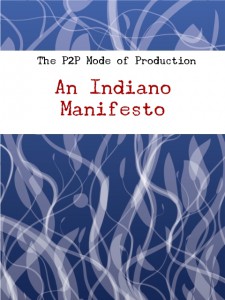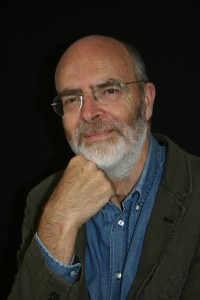
The Sensing Planet: Why The Internet Of Things Is The Biggest Next Big Thing
By: Rob van Kranenburg
Rob van Kranenburg outlines a brief history of the next big thing–the internet of things–and argues that U.S. industry and government should be taking a more active role in its evolution.
About a decade ago, I would stand in the middle of a square somewhere and imagine that everything I saw could and would one day be possibly connected.
In my mind that was not such a new idea. Animists in Africa and Asia have for centuries talked about “living” inanimate objects, believing that things had a soul and taking good care of them. Humans are meaning-making machines, so we invest inanimate landscapes and objects with all kinds of qualities that they cannot really possess.
Ten years on, that daydream is becoming a reality with the Internet of Things. Loosely defined as a global process to enhance all objects with some kind of digital address, IoT is already coming to you: to your home as the smart meter that will streamline all your electrical appliances; to your connected car that will have distance sensors and eCall to alert accidents; and to your body as a patch in an intelligent T-shirt or the Siemens hearing aid that aims to pick up the fire truck noise and soften it before you “hear” it. In terms of “the next big thing” this is as big as fire and the book.
And it’s inevitable. Why? Because a confluence of historical factors has come together to make what was once the domain of science fiction a reality. Let’s quickly take a look at those drivers.






